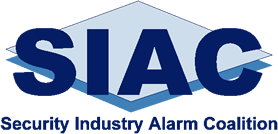No one wants their fees or taxes to rise, no one! That being said, given the current economic difficulties facing most municipal governments, the rationale driving increases must be powerful.
In Los Angeles recently, the city council approved increases in fines for false dispatches from $139 to $151. As the number of unnecessary calls for police dispatch have gone down, so too has the revenue. As an industry, we’ve done our job in LA. That’s good.
But, for cities like Los Angeles, the loss of revenue poses a public policy question: In the context of declining revenue, do city services get cut, or does the city seek to maintain its public protection resources? In this case, the city council chose to hike the fine to keep their cash flow where it was and maintain police services.
These questions are being asked all across the United States the past 2-3 years, and are unlikely to end soon. If you do the math (add reduction of responses to current number of dispatches times the old $139 rate), the revenue they collected the previous year would have been $6.33 million. Now multiply the new fee times the current annual dispatch rate, and you get $6.39 million. It’s remarkable how the new rate compensates for the potential revenue loss from those alarm response reductions!
We believe LA has to be approaching 200,000 permitted alarm systems, or more. That would give them a strong alarm factor of <0.21!! The city is doing its job, we’re doing our job, and the revenue to run this system remains stable. That’s good for city, its citizens and for reducing the pull on police resources by cutting down those unnecessary alarm signals.
